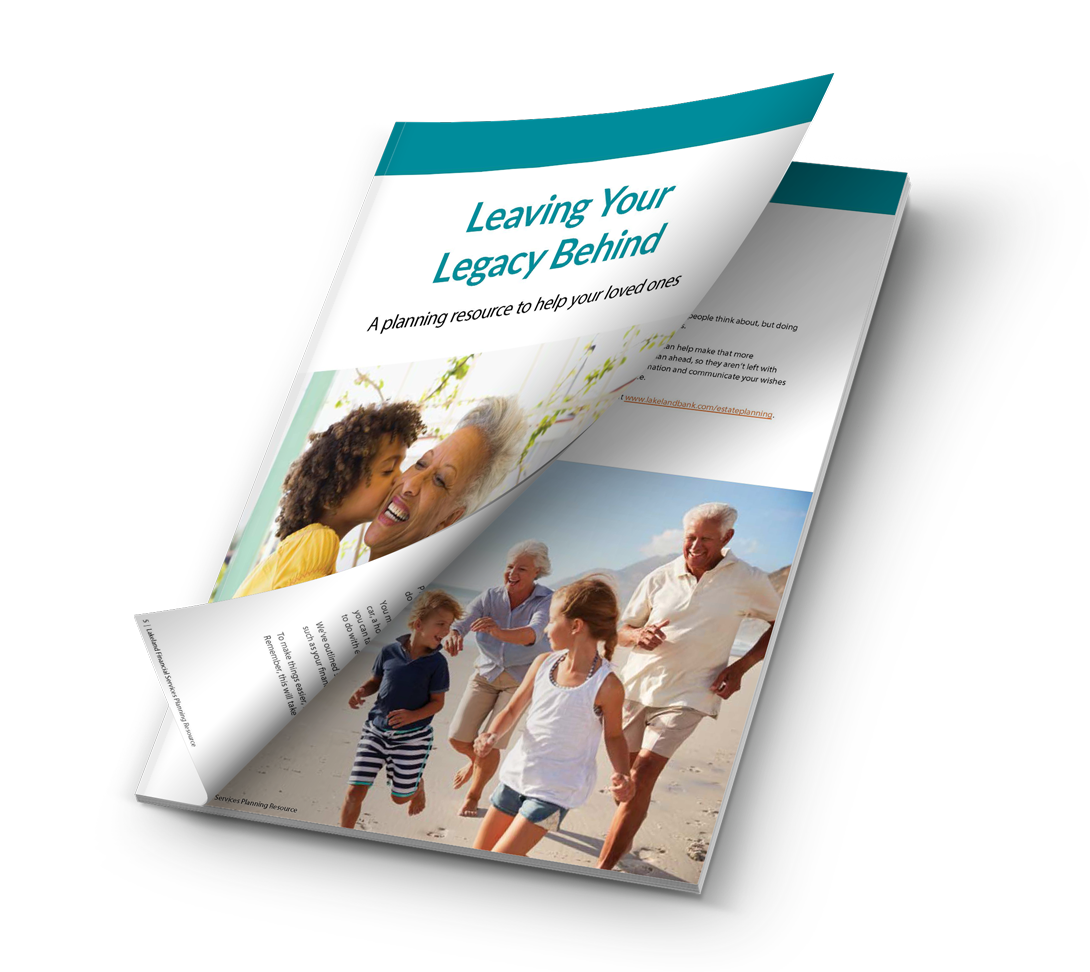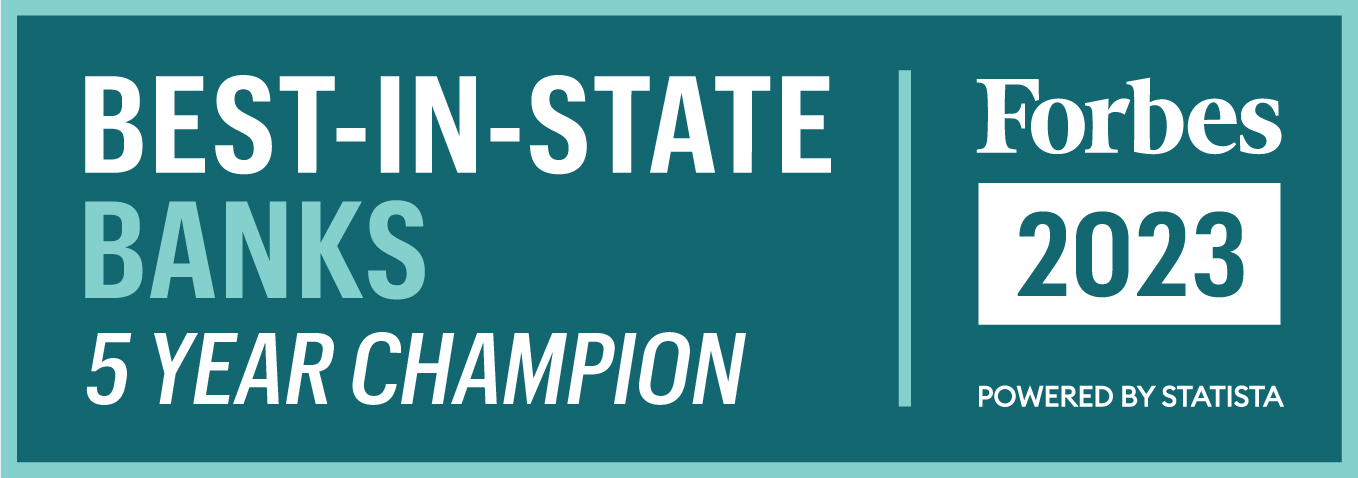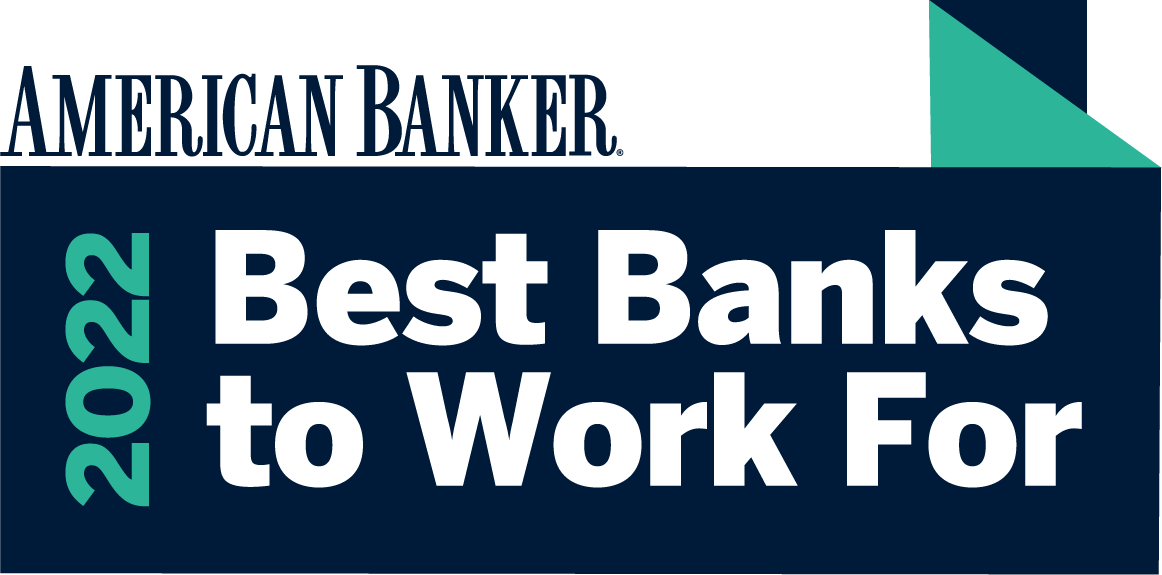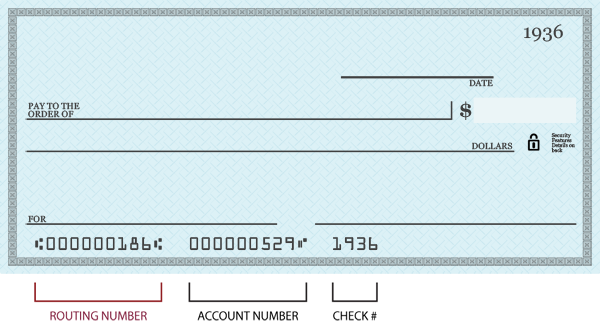If retirement is quickly approaching, you might be wondering, and possibly worrying, whether you have saved enough to live comfortably when the time comes to leave your 9-5 job behind. Planning for retirement doesn’t mean not living life to the fullest today, but it does mean being dedicated to saving, properly investing your money, and planning to live on less once you retire. Taking the time to evaluate how your finances will hold up on a fixed income and making some adjustments now may help you see that it’s possible to live on far less than you may realize.
Determine Your Retirement Lifestyle
For some, owning a waterfront vacation home, a yacht, or the ability to travel regularly to their favorite Caribbean islands is a perfect retirement. For others, an ideal retirement may be staying closer to home and include more volunteer work, finding a new hobby or pursuing an old passion there was no time for when working full time. It could also involve downsizing, moving to a warmer location, or buying an RV to roam the country. The options are endless! Whatever that ultimate decision is, the goal is to ensure your future lifestyle plan is realistic, sustainable and won’t deplete your savings within the first few years.
Define YourBare Necessities
Next, it’s time to evaluate your expenses—we’re talking basic budgeting 101. The goal is to create a picture of what you may be able to live without in retirement. Start by identifying which expenses are necessities and which are simply wants. Maybe you can cancel some monthly subscriptions or unused memberships. Review phone, electric, and maintenance costs as well as home and auto insurance premiums. You may find ways to reduce these bills or even cut them completely. Don’t overlook entertainment spending—there may be room to trim in this category too!
There are great apps that can analyze where your money goes each month, making it easier to see where you overextend so you can make adjustments. Make a list of your non-essential expenses and try to eliminate at least one, maybe two, to see how much money you can save just from a small cutback. The money saved from living without those “nice-to-haves” can push your savings and/or investments ahead and help prepare you to live on less later.
Pay Off or Reduce Debt
Before diving into retirement, consider the pros and cons of paying off or reducing any remaining debt you may have. Whether it’s a mortgage, credit card balance or auto loan, having these debts paid can lessen your financial expenses in retirement. However, there could be tax or financial advantages to having some debt so check with a tax or financial advisor before deciding to take this route. If you decide to chip away at your debt, start with the smallest chunks first, then tackle the larger amounts. Pay more than the minimum balance on balances if possible, and begin to limit credit card spending to get an idea of what will be affordable to spend when you retire. If eliminating outstanding balances before retirement isn’t realistic, look for ways to consolidate or reduce payments through a home equity line of credit or a personal loan.
Consider Downsizing
You may already be considering downsizing once retired, but it may be worthwhile to do so now. Downsizing can mean moving into a smaller home, reducing how many vehicles you own or even clearing out some of the stuff you’ve accumulated over the last 30 plus years. If you relocate to a smaller home, you may save money on taxes, insurance and maintenance. Giving up a vehicle can provide savings on these types of expenses as well. Even if you decide to delay downsizing the big stuff until after retirement, just starting to declutter your household now can be a rewarding experience! Not only do you have the potential to make some money by selling the items you no longer need, but it also may make this process much less stressful than if you wait until retirement to do it all.
It may be hard to imagine living on a fixed income, but if you take the proper steps before that day comes it is possible to learn how to live on less. Whether it’s packing up and downsizing, canceling monthly subscriptions or cooking at home more often, there are many ways to scale back today to benefit you later! Once you establish the retirement lifestyle best suited for you, it will be easier to work toward a financial plan to help sustain it. There are unlimited resources available when it comes to retirement planning and a good place to start is at Lakeland Bank. Everyone’s plan will be different so it is important to focus on what works best for you and your family. Once you figure that out, you can sit back, relax and enjoy your golden years!
The pain of losing a loved one is one of the most difficult things to go through. For beneficiaries, an added stressor can be locating information to properly address estate matters – and having to guess what their loved one may have wanted. Fortunately, with careful and detailed planning, we can help lift the burden for your loved ones by organizing key information about your assets as well as your final wishes – all in one convenient place.Download Our Free Estate Planning Guide





